Home>diy>Architecture & Design>What Is The Typical Engineering And Design Fee For A House?
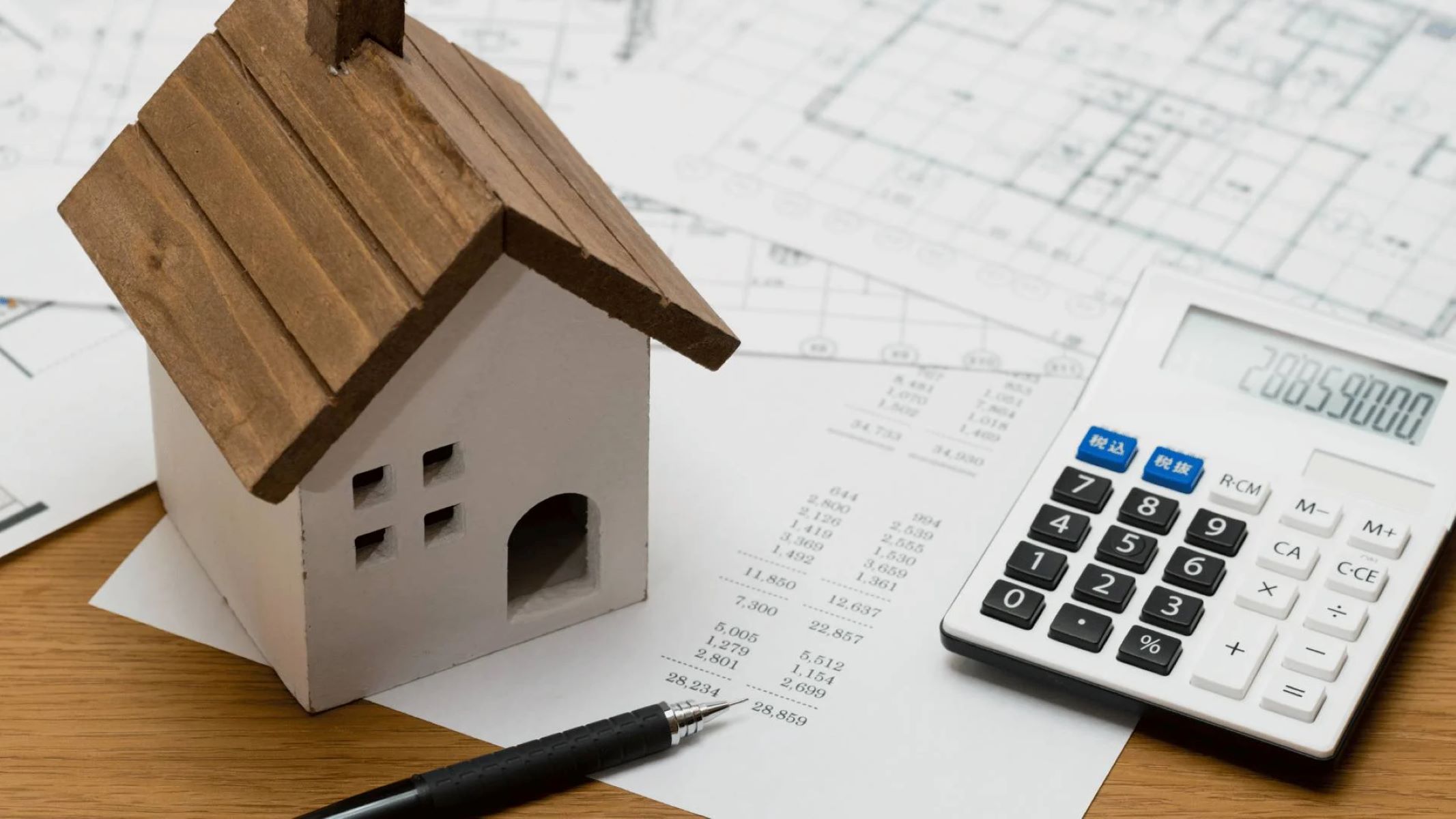

Architecture & Design
What Is The Typical Engineering And Design Fee For A House?
Modified: January 24, 2024
Discover the average engineering and design fee for a house and gain valuable insights on architecture design costs. Explore our comprehensive guide for more information.
(Many of the links in this article redirect to a specific reviewed product. Your purchase of these products through affiliate links helps to generate commission for Storables.com, at no extra cost. Learn more)
Introduction
Welcome to the world of architecture and design! Building a house is an exciting journey filled with endless possibilities, and one of the crucial steps in this process is engineering and design. The engineering and design phase sets the foundation for the entire project, ensuring that the house is not only aesthetically appealing but also structurally sound and functional.
When embarking on a home construction project, one question that often arises is: “What is the typical engineering and design fee for a house?” While there is no one-size-fits-all answer to this question, as the fee can vary widely depending on several factors, understanding the key elements that influence engineering and design fees will give you a clearer picture of what to expect.
From the complexity of the project to the level of customization desired, numerous factors come into play when determining the cost of engineering and design for a house. By understanding these factors and the average fees associated with them, you can gain insights into budgeting for your dream home.
In this article, we will explore the factors that influence engineering and design fees for a house, average fees you can expect, factors to consider when determining fees, and even tips on negotiating these fees. So, let’s dive in and unravel the world of engineering and design!
Key Takeaways:
- Factors such as project size, location, customization, and scope of services significantly influence engineering and design fees for a house. Understanding these factors is crucial for accurate budgeting and obtaining estimates from design firms.
- Negotiating engineering and design fees is a viable option for homeowners. Research, clear communication, and a focus on value over price can aid successful negotiations, ultimately leading to a balanced partnership with a reputable design firm.
Read more: What Is BIM Engineering?
Factors that Influence Engineering and Design Fees for a House
When it comes to engineering and design fees for a house, there are several factors that can significantly influence the overall cost. Understanding these factors is essential for homeowners who want to accurately budget for their construction project. Let’s take a closer look at the key elements that influence engineering and design fees:
- Size and Complexity of the Project: The size and complexity of the house play a significant role in determining the engineering and design fees. Larger homes typically require more intricate design and engineering work, which can result in higher fees. Additionally, homes with unique architectural features, complex layouts, or special requirements, such as environmentally friendly designs, may require additional expertise and resources, leading to increased costs.
- Location and Site Conditions: The location and site conditions of the house can also impact engineering and design fees. Sites with challenging topography, unstable soil, or difficult access may require additional analysis and design work to ensure the stability and safety of the structure. Designing a house for a coastal area with high wind loads or a region prone to earthquakes will also add complexity to the engineering process, potentially increasing the fees.
- Level of Customization: The level of customization desired by the homeowner can influence the engineering and design fees. If you have specific design preferences, unique features, or intricate architectural details in mind, the design team will need to invest more time and effort into creating customized solutions. This customization process may involve additional research, consultations, and revisions, which can drive up the overall cost.
- Building Codes and Regulations: Compliance with local building codes and regulations is a crucial aspect of any construction project. The design team must ensure that the house meets all safety, structural, and environmental standards set by the authorities. Navigating through these requirements can be time-consuming and may require additional documentation, reports, and coordination with regulatory agencies, contributing to higher engineering and design fees.
- Scope of Services: The scope of services provided by the design team can vary, depending on the needs and preferences of the homeowner. Some design firms may offer a comprehensive range of services, including 3D modeling, interior design, landscape architecture, and project management, while others may focus solely on the structural and architectural aspects. The level of involvement and breadth of services provided will impact the overall fees.
It is essential to note that these factors are not exhaustive and that each project is unique. Therefore, it is essential to consult with architectural and engineering professionals who can provide specific insights and estimates based on your project’s requirements.
Now that we have explored the key factors that influence engineering and design fees, let’s delve into the average fees you can expect for your house construction project in the next section.
Average Engineering and Design Fees for a House
When budgeting for a house construction project, it is crucial to have a ballpark estimate of the average engineering and design fees you can expect. Keep in mind that these figures can vary depending on various factors, including location, project complexity, and the design firm’s reputation and experience. However, understanding the industry standards can help you make informed decisions. Here are some average engineering and design fees for a house:
- Percentage of Project Cost: One common method used to determine engineering and design fees is to calculate them as a percentage of the total construction cost. On average, you can expect engineering and design fees to range from 8% to 15% of the total project cost. For example, if your construction budget is $500,000, the engineering and design fees would fall within the range of $40,000 to $75,000.
- Hourly Rate: Some design firms may charge an hourly rate instead of a percentage-based fee. Hourly rates can vary significantly depending on the firm’s location, size, and expertise. On average, expect to pay anywhere from $100 to $250 per hour for architectural and engineering services.
- Flat Fee: In some cases, design firms may offer a flat fee for their services. This fee structure is typically used for smaller projects with relatively straightforward requirements. Flat fees can range from a few thousand dollars to tens of thousands of dollars, depending on the scope and complexity of the project.
- Add-ons and Additional Services: It is important to note that certain services may be considered add-ons and may not be included in the base fee. For example, specialized services like interior design, landscape architecture, or lighting design may incur additional charges. Make sure to clarify these details when discussing fees with the design firm.
Remember that these figures are average estimates and can vary based on the factors mentioned earlier. It is crucial to obtain detailed cost estimates from multiple design firms and to carefully review the scope of services included in their fee proposals. Additionally, consider the reputation, experience, and track record of the design firm when making your decision.
Now that you have a general idea of the average fees, let’s explore the key factors to consider when determining engineering and design fees for your house construction project.
The typical engineering and design fee for a house can range from 8-15% of the total construction cost. Factors such as project complexity and location can also affect the fee. Always get multiple quotes and clarify the scope of services included in the fee.
Factors to Consider When Determining Engineering and Design Fees
When determining engineering and design fees for your house construction project, it is important to take into account several key factors. These factors can help you ensure that you receive accurate and fair pricing for the services provided. Let’s explore these factors in detail:
- Scope of Work: Clearly define the scope of work required for your project. Discuss your expectations and requirements with the design firm, ensuring that they align with your vision. A comprehensive understanding of the scope of work will allow the design firm to provide an accurate estimate of the associated fees.
- Experience and Reputation: Consider the experience and reputation of the design firm. Firms with a proven track record and positive client feedback may command higher fees due to their expertise and quality of work. However, it is important to balance reputation with budget considerations and find a firm that offers a good balance of experience and affordability.
- Timeline and Deadlines: The timeline for your construction project can impact the engineering and design fees. If you have tight deadlines or require accelerated design services, the design firm may need to allocate additional resources or work overtime, resulting in higher fees. Discuss your timeline expectations with the firm to gauge any potential impacts on costs.
- Specialized Features or Requirements: If your project involves specialized features or requirements, such as green building certifications or unique structural elements, it may require additional expertise and research on the part of the design firm. These added complexities can increase the overall fees, so be sure to communicate any unique project elements to accurately estimate the costs.
- Contract Negotiations: Engage in contract negotiations with the design firm. Review the proposed contract carefully and ensure that it clearly outlines the scope of work, fee structure, payment terms, and any additional services or add-ons. Negotiate any aspects of the contract that may be flexible, such as payment terms or services included, to reach a mutually agreeable arrangement.
By considering these factors, you can work closely with the design firm to determine engineering and design fees that align with your project’s needs and your budget. Remember that communication and transparency play a crucial role in establishing a fair fee structure and ensuring a successful partnership with the design team.
Now that we have explored the factors to consider when determining engineering and design fees, let’s move on to discussing tips on negotiating these fees.
Negotiating Engineering and Design Fees
When it comes to engineering and design fees for your house construction project, it is important to remember that there is often room for negotiation. Negotiating fees can help you find a balance between the services you require, your budget, and the value provided by the design firm. Here are some tips to keep in mind when negotiating engineering and design fees:
- Research and Compare: Do thorough research and compare fee structures from multiple design firms. Understanding the average fees in your area and the range of services provided by different firms will give you a better understanding of what to expect and enable you to negotiate from an informed position.
- Be Clear About Your Budget: Communicate your budgetary constraints and limitations to the design firm. By being transparent about your financial boundaries, the firm can tailor their services and fee proposals to better align with your budget. This will help avoid any potential misunderstandings in the future.
- Discuss Your Project’s Unique Aspects: Highlight any unique aspects of your project that may require specialized expertise. By emphasizing the added complexity or value of these features, you can make a case for the design firm to consider adjusting their fees accordingly.
- Bundling Services: Consider bundling multiple services, such as architectural design, structural engineering, and interior design, with the same firm. This can offer a more comprehensive package and potentially lead to cost savings. Design firms are often more willing to negotiate fees when they have the opportunity to secure multiple services from one client.
- Prioritize Value over Price: While negotiating fees, remember to prioritize value over price. It’s important to consider the expertise, experience, and quality of work offered by the design firm. Sometimes, paying a slightly higher fee for a reputable firm can ensure better results and minimize potential issues down the line.
- Consider Long-term Relationships: If you anticipate future design projects or renovations, express your intention to establish a long-term relationship with the design firm. This commitment may incentivize them to be more flexible with their fee structure, as they see the potential for extended collaboration and future business.
Remember, negotiation is a two-way conversation that requires open communication and a willingness to find a mutually beneficial resolution. Approach the negotiation process with a positive attitude and a focus on building a strong working relationship with the design firm.
By following these tips, you can increase your chances of negotiating engineering and design fees that align with your project’s requirements and your budget limitations.
Now that we have covered the negotiation aspect, let’s wrap up our article.
Conclusion
Engineering and design fees are a significant consideration when embarking on a house construction project. By understanding the factors that influence these fees, the average costs associated with them, and the key considerations when determining and negotiating fees, homeowners can navigate the process more effectively.
Factors such as project size and complexity, location and site conditions, level of customization, building codes and regulations, and scope of services all play a role in determining engineering and design fees. It is important to take these factors into account when budgeting for your project and seeking estimates from design firms.
On average, engineering and design fees for a house can range from a percentage of the total project cost, hourly rates, or flat fees depending on the firm’s pricing structure. It is crucial to obtain detailed cost estimates and contract proposals from multiple firms and carefully review the scope of work and any add-ons or additional services to ensure a comprehensive understanding of the fees involved.
When determining these fees, consider factors such as the scope of work, the experience and reputation of the design firm, the timeline and deadlines, specialized features or requirements, and the potential for negotiation. Negotiating fees can be a fruitful endeavor, allowing you to find a balance between your project’s needs and your budget. Research, clear communication, and a focus on value over price can aid successful negotiations.
Ultimately, the goal is to secure the services of a reputable design firm that offers quality work and aligns with your project’s vision and budget. By considering the various factors, engaging in open communication, and being diligent in the negotiation process, you can achieve this objective.
Remember, the engineering and design phase is a crucial step in the journey towards your dream home. Allocating the appropriate resources and time to this phase will lay the foundation for a successful construction project. By prioritizing high-quality design and engineering, you can create a house that is not only visually stunning but also structurally sound and functional for years to come.
Best of luck with your house construction project!
Frequently Asked Questions about What Is The Typical Engineering And Design Fee For A House?
Was this page helpful?
At Storables.com, we guarantee accurate and reliable information. Our content, validated by Expert Board Contributors, is crafted following stringent Editorial Policies. We're committed to providing you with well-researched, expert-backed insights for all your informational needs.
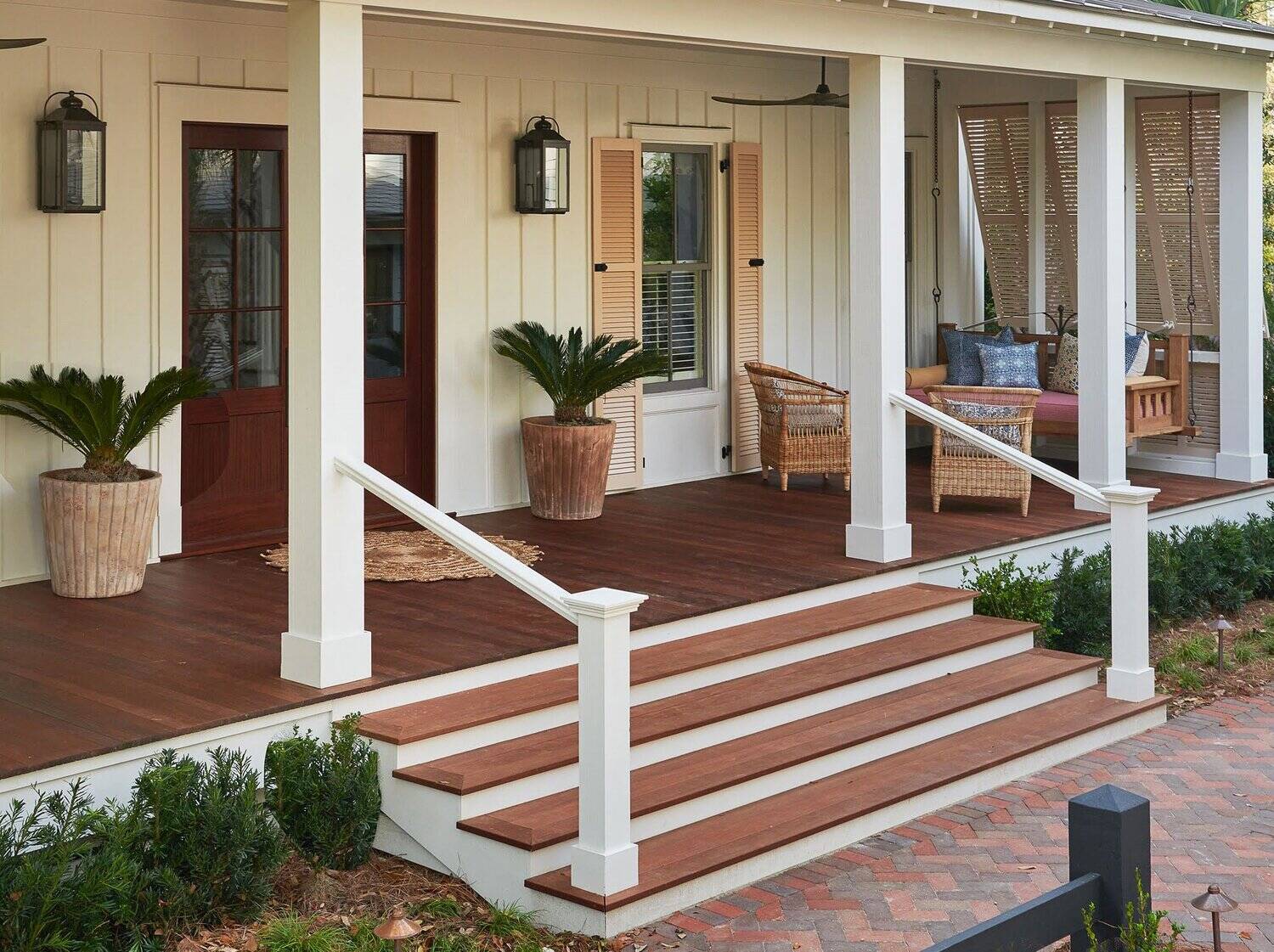
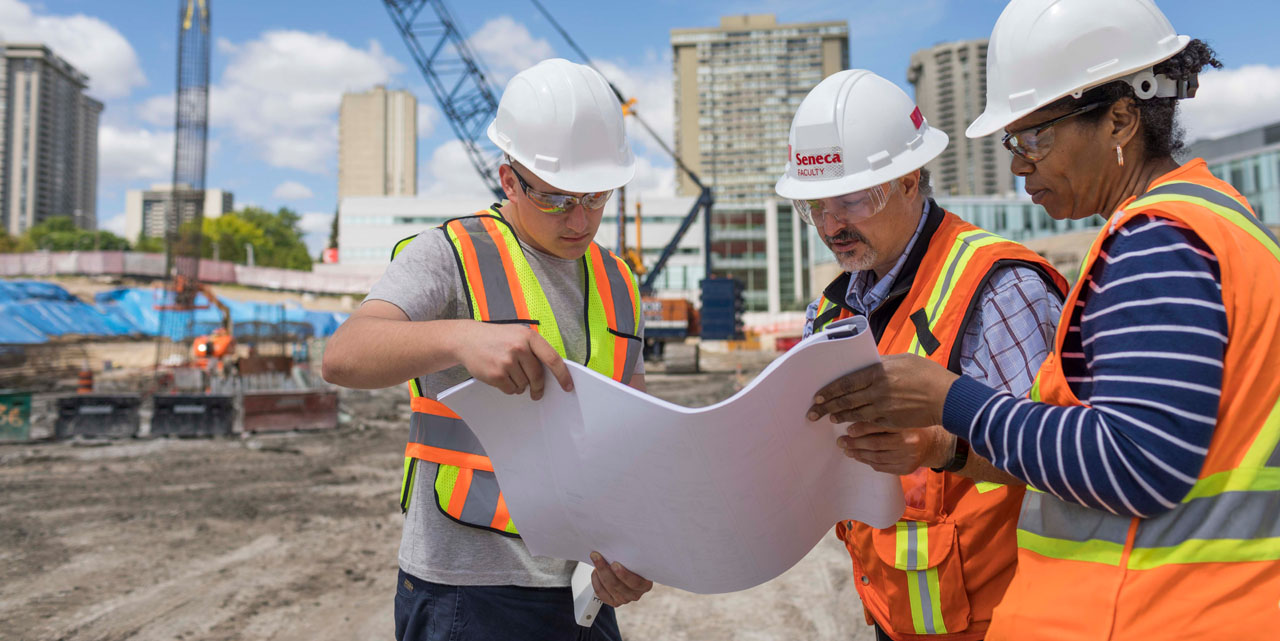


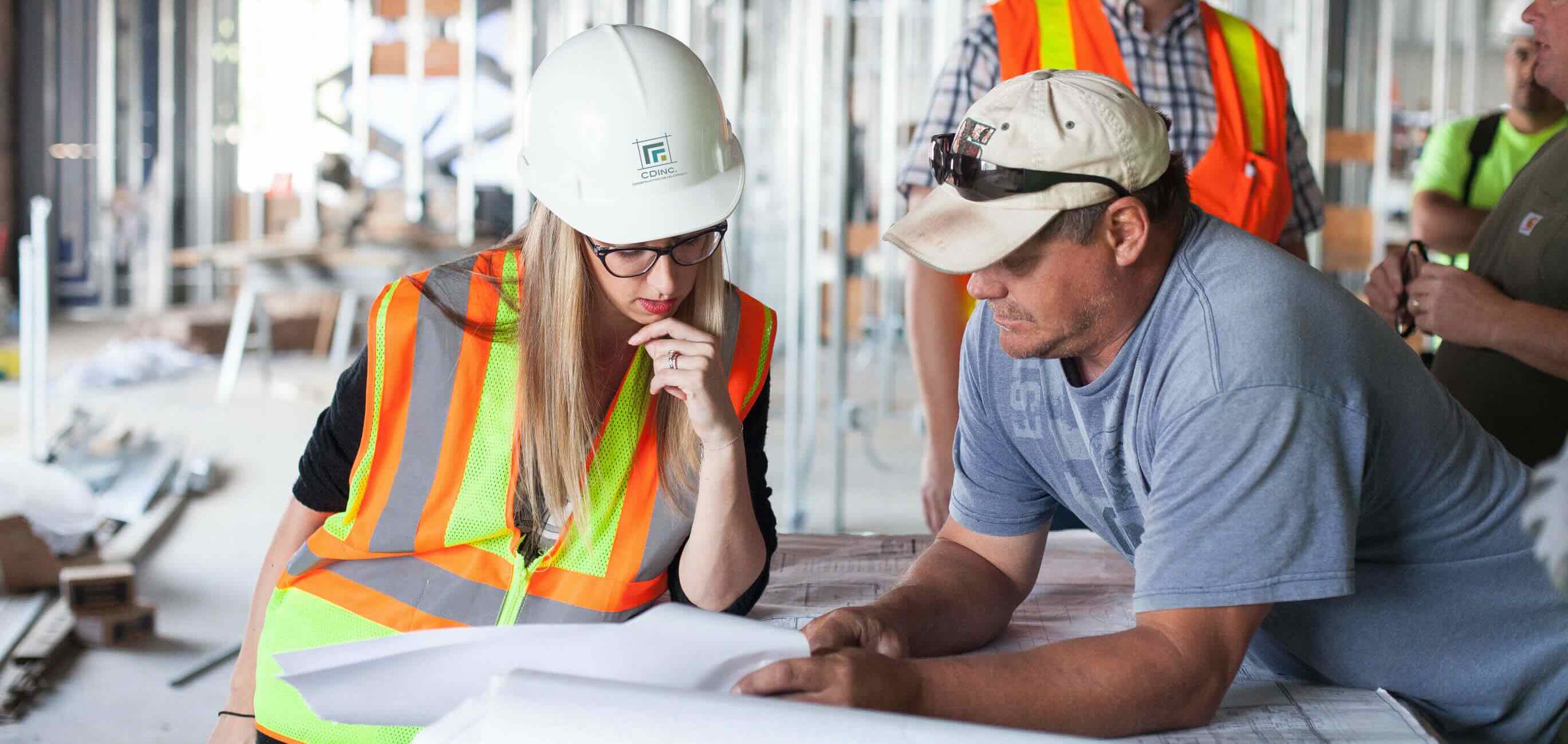



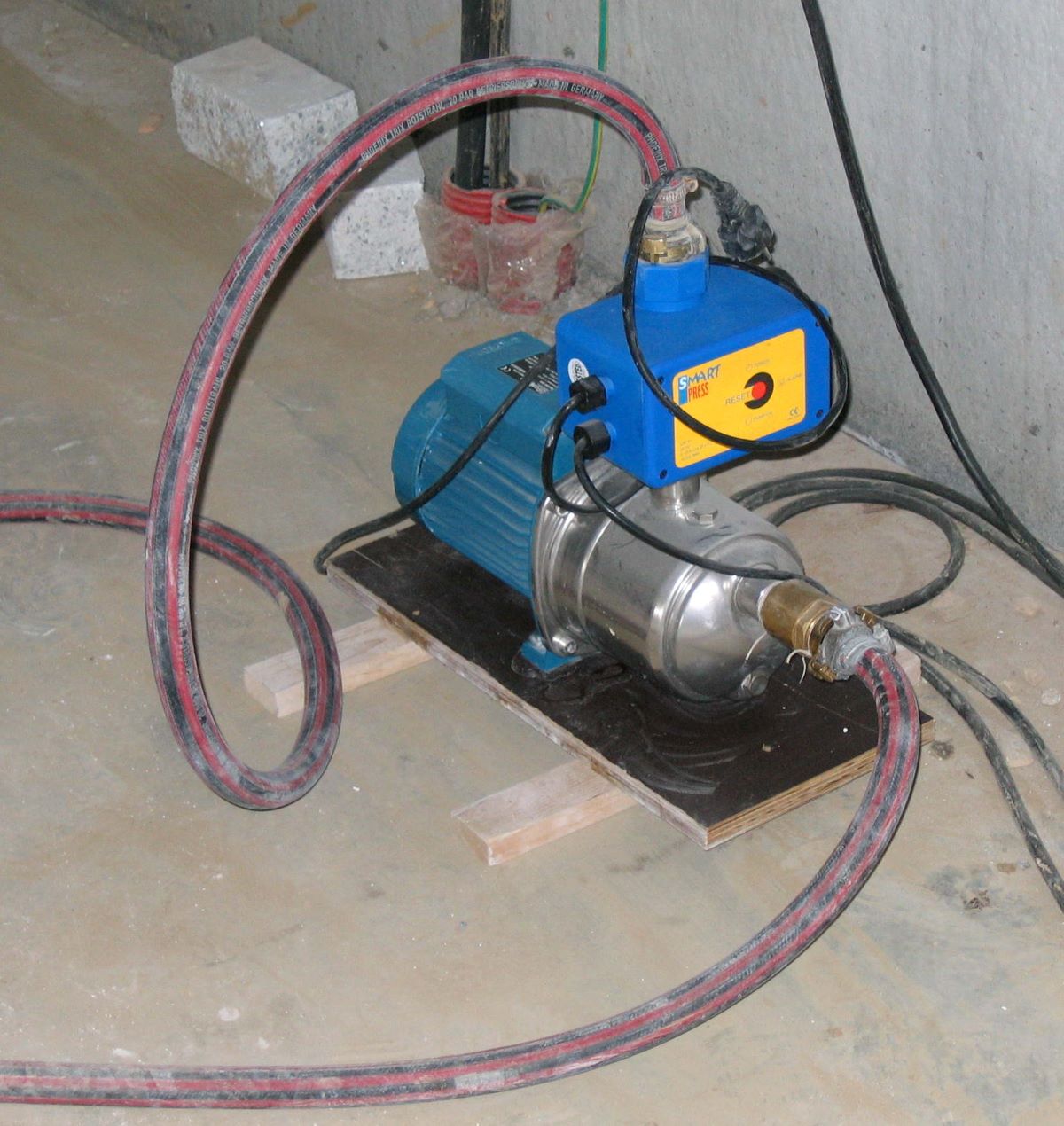


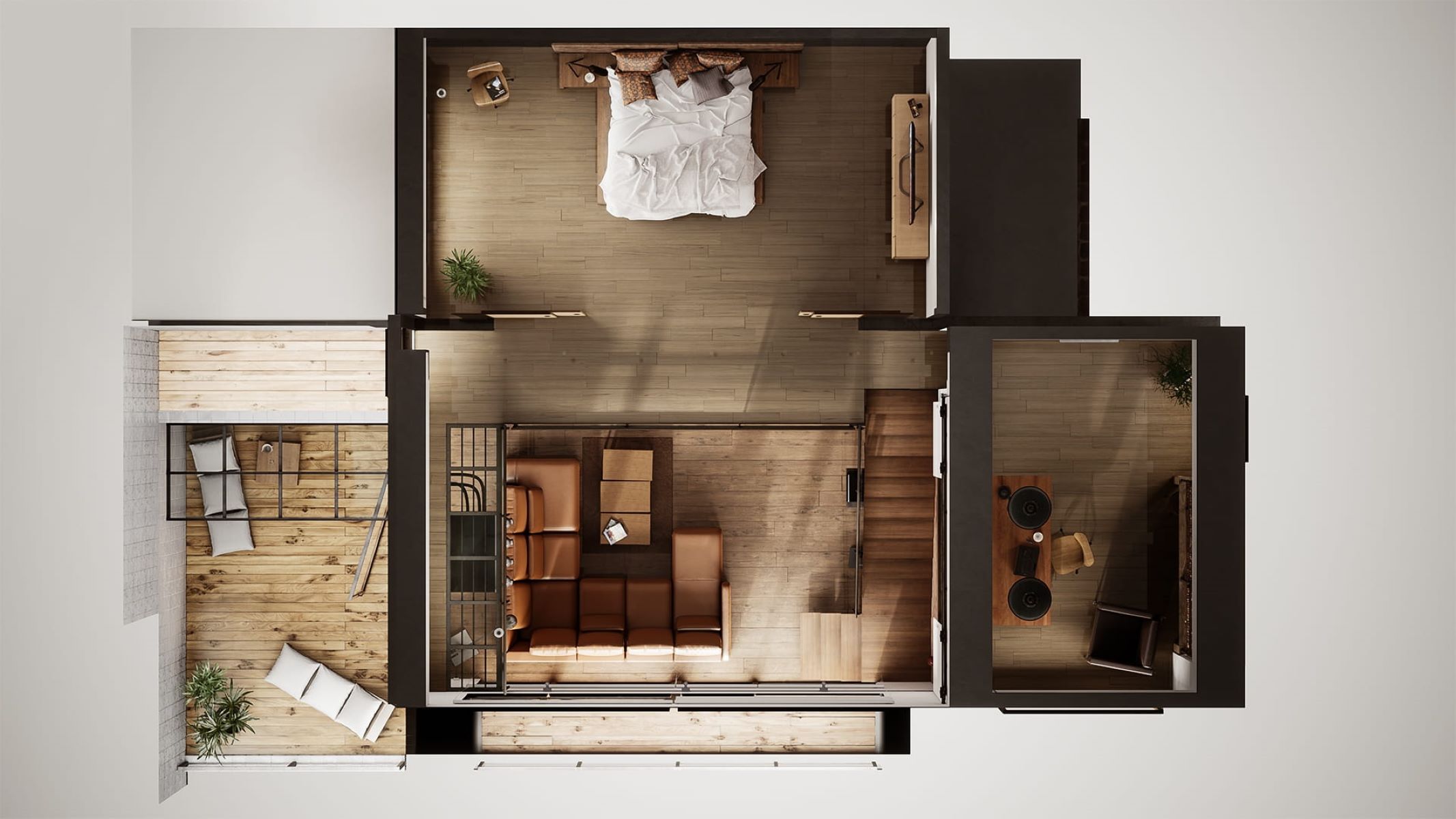
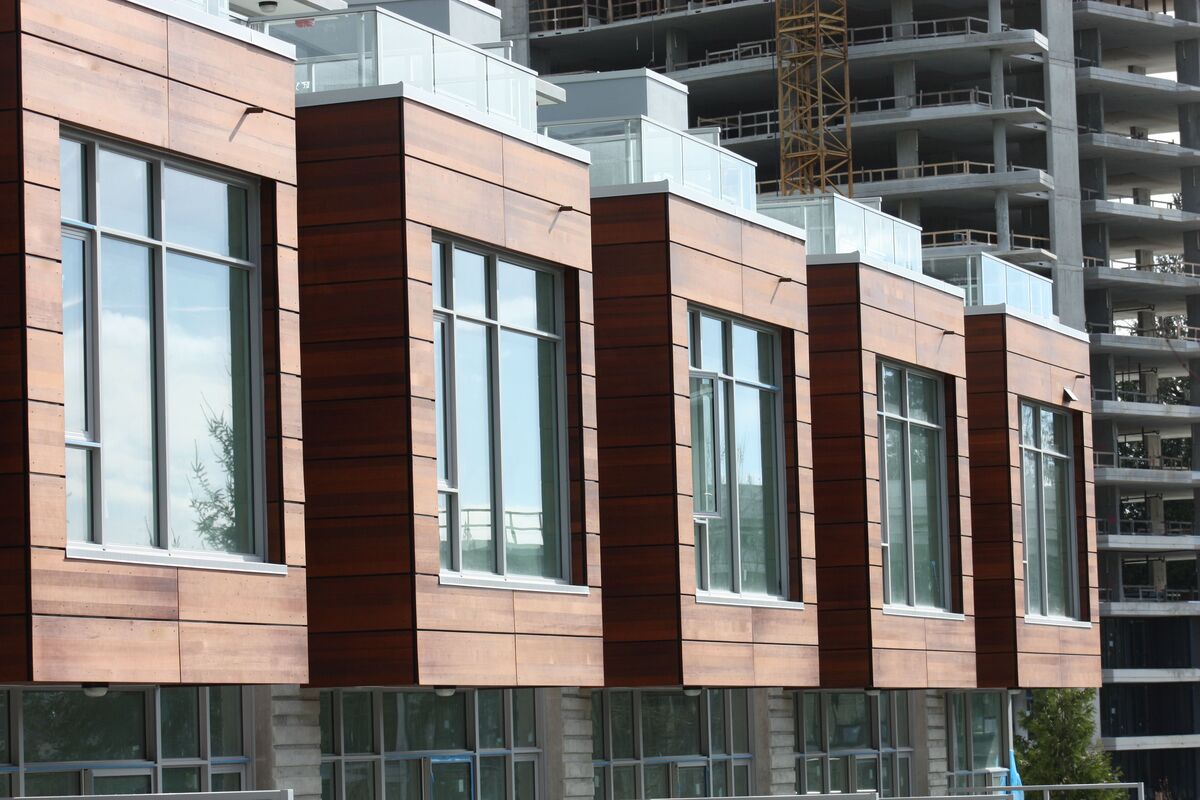
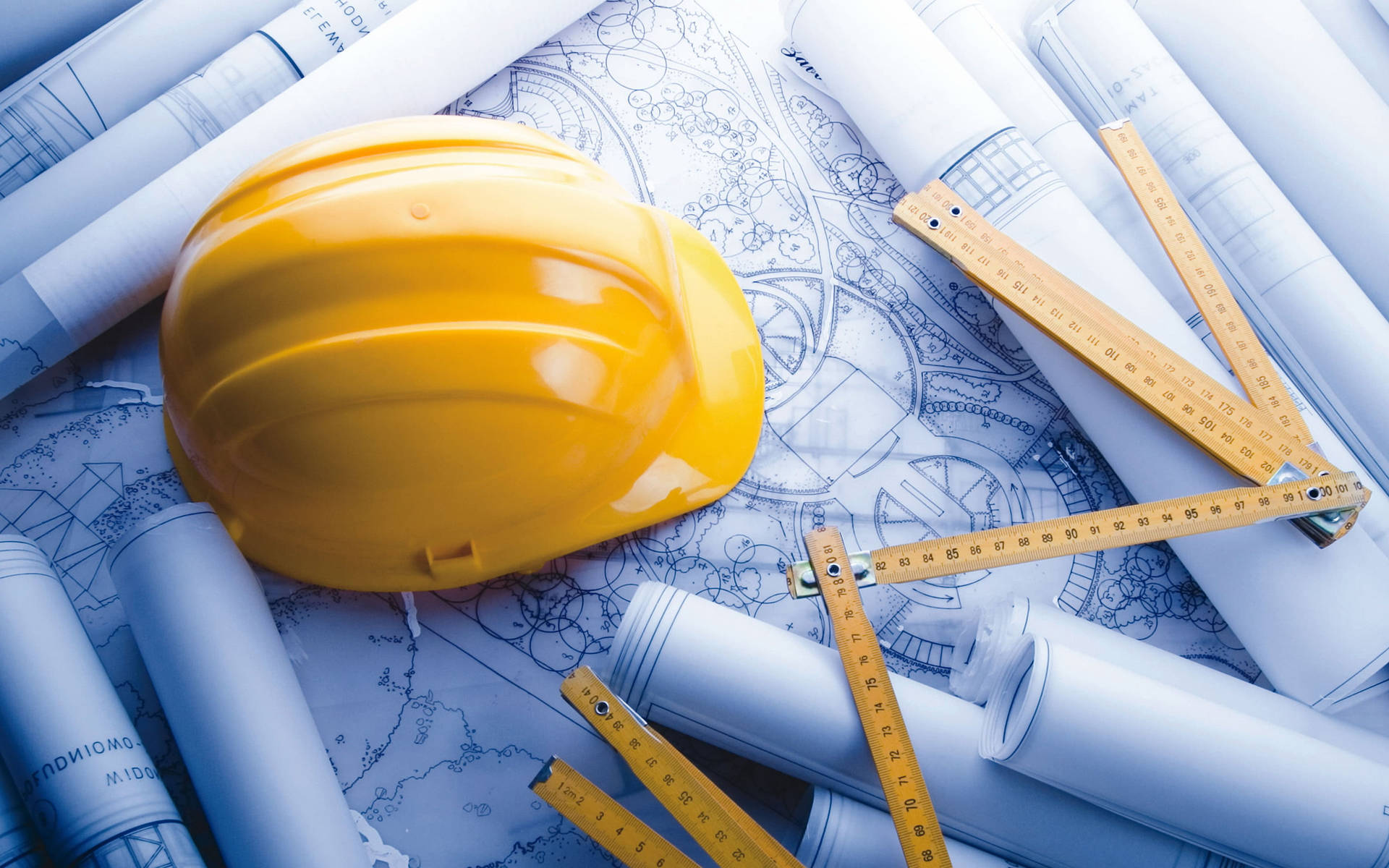

0 thoughts on “What Is The Typical Engineering And Design Fee For A House?”